Michael Scherer-Lorenzen has just joined the Editorial Board of Oikos. Get to know him by reading the presentation below. And welcome to Oikos, Michael!
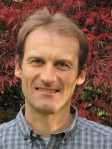 In my research I aim to mechanistically understand the biotic control of ecological processes and how global change drivers – such as climate change, land use change, nitrogen deposition, or invasive species – are interacting with this control. Within this field I focus on the functional role of biodiversity for productivity and biogeochemical cycles. I am currently coordinating the EU Framework Programme VII project FunDivEUROPE, which aims to quantify the role of forest biodiversity for ecosystem functioning and the delivery of goods and services in major European forest types.
In my research I aim to mechanistically understand the biotic control of ecological processes and how global change drivers – such as climate change, land use change, nitrogen deposition, or invasive species – are interacting with this control. Within this field I focus on the functional role of biodiversity for productivity and biogeochemical cycles. I am currently coordinating the EU Framework Programme VII project FunDivEUROPE, which aims to quantify the role of forest biodiversity for ecosystem functioning and the delivery of goods and services in major European forest types.
Weblink:
http://www.geobotanik.uni-freiburg.de/Team-Ordner/mscherer/Michael-Scherer-Lorenzen
1. What’s you main research focus at the moment?
Does it matter to the way how ecosystems function whether there are only few or many species present? And if so, which are the mechanisms behind such biodiversity effects on ecosystem processes? Do such functional effects of biodiversity change with changing land use intensity or climate?
These kind of questions are at the basis of my group´s current field of research. We are focusing on processes such as productivity or nutrient cycling, with litter decomposition and plant nutrient uptake being key functions. One challenge we are currently dealing with is the quantification of resource use complementarity, which is one main mechanism that could explain positive plant diversity effects on productivity. In terms of study systems, we work in grasslands and forest ecosystems mainly, using both experimental and comparative appraoches.
2. Can you describe you research career? Where, what, when?
Because there was a strong focus on ecology at the University of Bayreuth, Germany, I went to this little city in northern Bavaria in autumn 1988, to study Biology. I finished my studies with a thesis on land use effects on plant communities in Southern Chile.
In 1995, I begun my PhD within the pan-European BIODEPTH project under the supervision of Detlef Schulze. BIODEPTH was the first biodiversity – ecosystem functioning experiment in Europe at that time and was coordinated by John Lawton. The whole consortium was a real dream-team, and I learned a lot.
After finishing the PhD in 1999, I worked as an assistant to Detlef Schulze in the German Advisory Council on Global Change (“WBGU”), followed by a position as Executive Director of the Institute of Biodiversity Network (ibn). These two jobs offered interesting insights into policy advising and the function of important international treaties, such as the UN Convention on Biological Diversity, CBD.
I went back to science in 2001 as a research scientist at the Max-Planck-Institute for Biogeochemistry in Jena, Germany, where I established a large tree diversity experiment (BIOTREE).
From 2003 to 2009 I was working in the research group of Nina Buchmann at ETH Zurich, Switzerland. Here, I started to use isotopic tracers to quantify resource use complementarity and to study drought effects on alpine grasslands.
Finally, in April 2009, I got the position as a Professor for Geobotany at the University of Freiburg, which enabled me to set up my own research group on functional biodiversity research.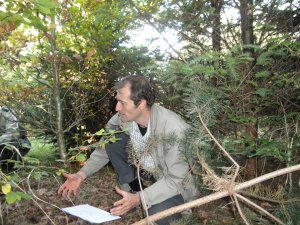
3. How come that you became a scientist in ecology?
It all begun during field trips with my parents (my father collected beetles), where my fascination for nature was born. In school, I participated in nature conservation actions and research competitions. For example, together with friends, I was mapping amphibians or developped a protection programme for social wasps. So, it was very clear for me that I wanted to study biology after school. And so I went to Bayreuth…see above.
4. What do you do when you’re not working?
We have two wonderful children, Falk and Alva, who take most of my non-working time, of course. We are often going out into the forest just behind our garden, or take the bicycle, or play football.
Selected publication:
Scherer-Lorenzen, M. (2013). The functional role of biodiversity in the context of global change. In: D. Burslem, D. Coomes, & W. Simonson (Eds.), Forests and Global Change. Cambridge: Cambridge University Press. In press.
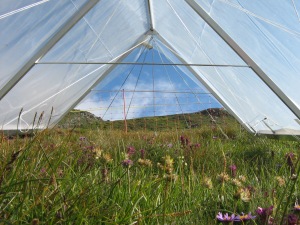
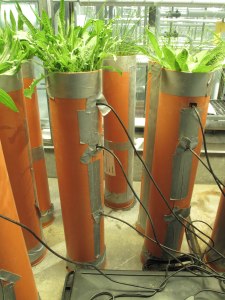
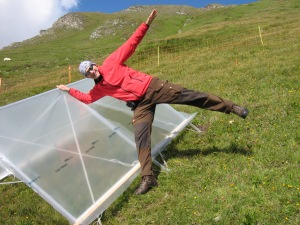


Leave a comment